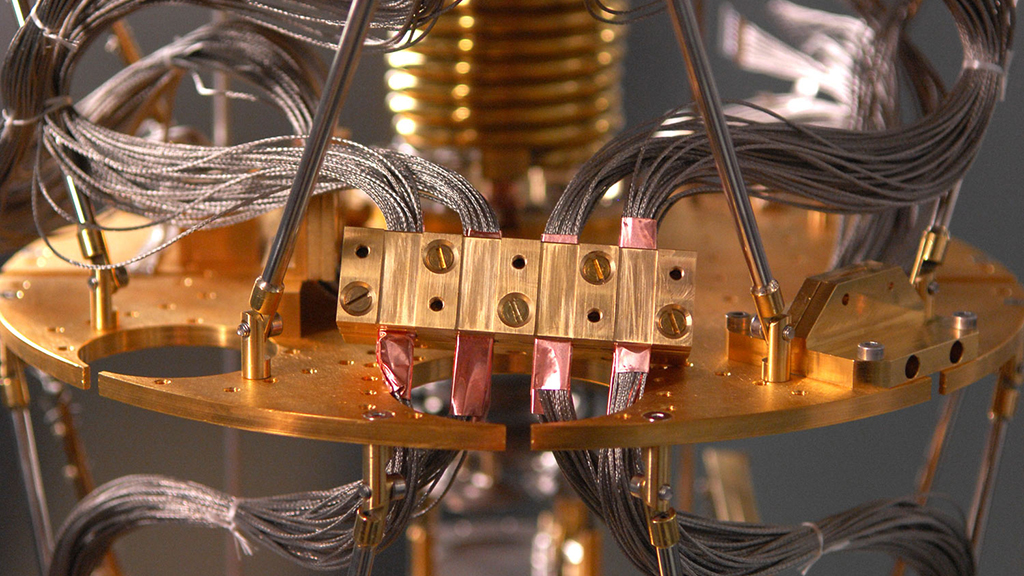Quantum computers just took a huge logical leap forward
With 99.9% precision

Sign up for breaking news, reviews, opinion, top tech deals, and more.
You are now subscribed
Your newsletter sign-up was successful
Quantum computing researchers at the University of Oxford have developed a logic gate with a precision of 99.9%. That's not only a new record, it also hits the theoretical benchmark necessary to build a real quantum computer.
Logic gates are one of the crucial components inside every computer, and - for that matter - pretty much any digital system. They change inputs into outputs based on a certain logic. An AND gate, for example, will only switch on its output if both of its two inputs are activated.
Entanglement
The team built a quantum version by placing two atoms in a state of "quantum entanglement" - an action on one affects the other. Researchers have done this before, but this time the fidelity of the link was substantially greater than any previous attempt.
David Lucas, a co-author on the paper describing the discovery in Physical Review Letters, explains: 'A quantum logic gate is an operation which can take two independent atoms and put them into this special entangled state.
The precision of the gate is a measure of how well this works. In our case, 99.9% precision means that, on average, 999 times out of 1,000 we will have generated the entangled state correctly, and one time out of 1,000 something went wrong.
He added: "To put this in context, quantum theory says that - as far as anyone has found so far - you simply can't build a quantum computer at all if the precision drops below about 99%.
"At the 99.9% level you can build a quantum computer in theory, but in practice it could very difficult and thus enormously expensive. If, in the future, a precision of 99.99% can be attained, the prospects look a lot more favourable."
Sign up for breaking news, reviews, opinion, top tech deals, and more.
Fundamental
Quantum computing is one of the major challenges facing physicists right now. While the technology remains in its infancy, it holds great promise - far above traditional computing technologies.
Chris Ballance, the lead author of the paper, said: "It is not merely a different technology for computing in the same way our everyday computers work; it is at a very fundamental level a different way of processing information.
"It turns out that this quantum-mechanical way of manipulating information gives quantum computers the ability to solve certain problems far more efficiently than any conceivable conventional computer."
- Duncan Geere is TechRadar's science writer. Every day he finds the most interesting science news and explains why you should care. You can read more of his stories here, and you can find him on Twitter under the handle @duncangeere.
